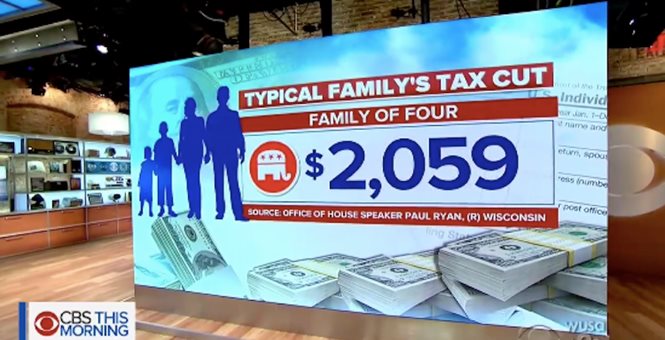
Few people in America truly understand how the federal gift tax regulation really works, even though every year millions of people give away gifts to other people that they know. Some people mistakenly think they will get a deduction for a gift to a friend or relative. Actually, it works a bit differently. The gift tax is applicable whenever there’s a transfer of any kind of property. In other words, you are considered to have made a gift if you give property (including money), or the use of income from property, without expecting to receive something of equal value in return. The fact that they specify “something of equal value in return means that if you sell something for less than its full value or make an interest-free loan to someone, those transactions can be considered as gifts by the IRS.
According the Internal Revenue Service (IRS) an individual who gives a gift or a combination of gifts to one person that is valued at over thirteen thousand dollars must pay a gift tax. To be completely clear, it’s the gift giver’s responsibility to report and pay the tax, by filing the Form 709: United States Gift Tax Return, which which is available on the IRS website. Gifts that are recognized by the government include real estate property, money, fine art, jewelry, and so on.
So you can legally give someone a gift of up to thirteen thousand dollars in value without incurring a gift tax. That amount is the Annual Exclusion Amount. It can be combined in the case of a husband and wife, meaning that the couple can gift up to twenty-six thousand dollars without triggering the tax. On top of that exclusion amount, there’s the lifetime gift tax limit, and that limit is one million dollars. In layman terms, your yearly gifts are tallied (whether they exceed the annual exclusion or not); once you pass one million dollars in total gifts, anything in excess of that amount is falls under the gift tax, at rates varying between 37% and 45%.
There are exceptions to the gift tax. They include tuition or medical expenses you pay for someone (the educational and medical exclusions), gifts to your spouse, gifts to a political organization for its use, and gifts to qualified charities (a deduction is available for these amounts). In the case of the educational and medical exclusions, you must be careful. It’s crucial that the person giving the gift pays the bill directly to the educational institution or medical provider for the exclusions to kick in. If the recipient has already paid for them and you reimburse them, that amount will be subject to the annual exclusion limit.
A lot of people make use of the gift tax limit for estate planning purposes, in order to limit the size of their estate when they die and limiting the tax bill on their estate after their passing. In addition to its obvious tax benefits, a gift is very often a great way for people to give back to their relatives, friends, or their community.




